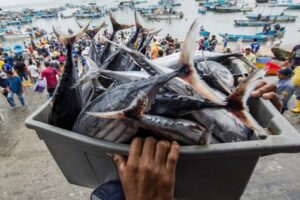
FAO: Climate change could reduce fish biomass 10 percent by mid-century
Global projections show fish biomass could drop more than 10 percent in many regions by mid-century if greenhouse gas emissions stay high.
Researchers developed a new seafood waste material that can absorb pesticides and herbicides from produce, possibly extending its shelf life.

Global projections show fish biomass could drop more than 10 percent in many regions by mid-century if greenhouse gas emissions stay high.
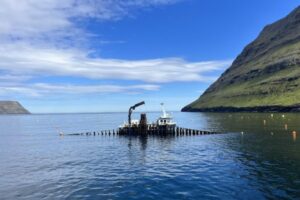
The United Nations has endorsed NOAA’s new Guidelines for Sustainable Aquaculture, which develop global aquaculture best practices.
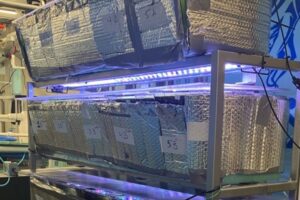
A new study finds pairing shrimp with oysters and seaweed reduces nitrogen levels, making shrimp farming more responsible and profitable.
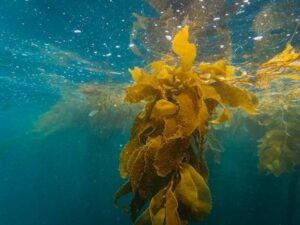
Scottish Sea Farms is involved in a collaborative salmon and seaweed farming initiative in Loch Spelve to boost the marine environment.

The Kitasoo Xai’Xais Nation fights regulation and celebrity backlash as salmon farming’s future in British Columbia hangs in the balance.
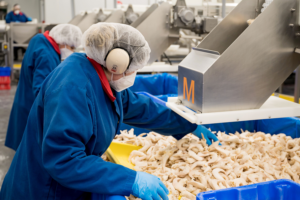
The Mi’kmaq Coalition’s 50 percent acquisition of Clearwater Seafoods is transforming Canada’s seafood industry and promoting responsible fisheries.
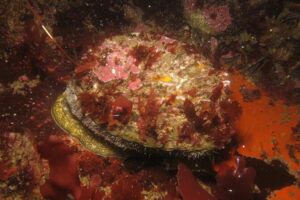
New methodology evaluates IMTA systems from a circularity perspective, quantifying benefits for bioremediation of nutrients and efficient resource use.
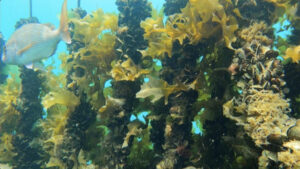
Study shows mussel and seaweed farming can increase fish populations and biodiversity, showing potential environmental and economic benefits.
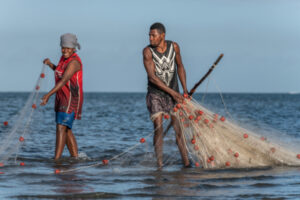
Equity in ocean conservation and climate strategies is crucial for achieving global sustainability goals, experts say.

Restorative aquaculture could significantly drive economic growth in the NSW South Coast but implementation challenges remain.
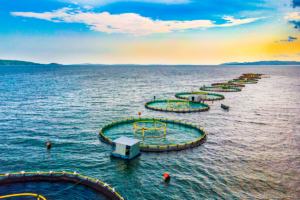
Study provides recommendations on designing and co-managing aquaculture and ecosystem management to benefit fisheries and conservation objectives.
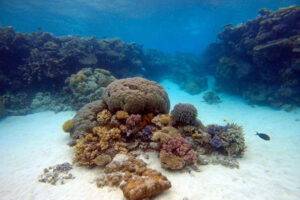
A study finds oysters can remove harmful nutrients from tropical waterways, potentially benefiting ecosystems like the Great Barrier Reef.
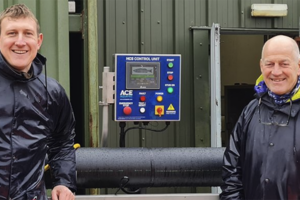
Ace Aquatec and Tiny Fish aim to expand premium food markets for small Scottish salmon, enhancing the circular economy.
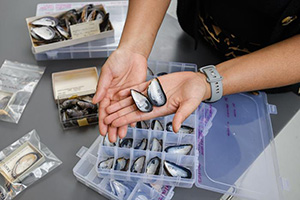
A new study reveals East Coast mussel shells have become weaker and more susceptible to damage due to climate change.
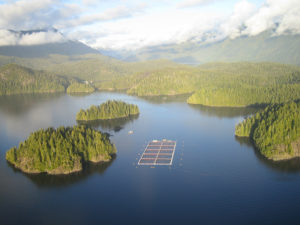
The 500-page collaborative review sheds light on salmon farming in British Columbia, covering everything from sea lice to fish health.